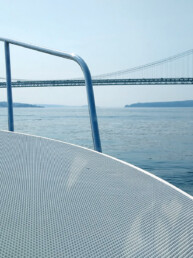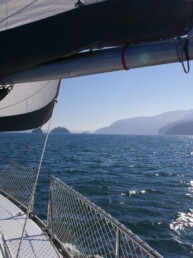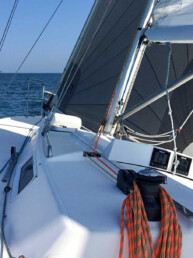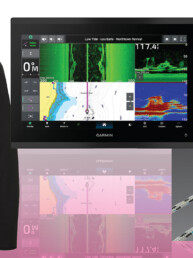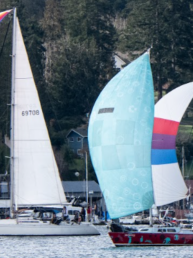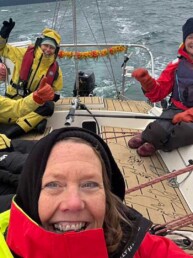Editor’s Note: The article below characterizes one boater’s choices and observations. It references the reality that some individuals are not complying with social distancing guidelines as closely as others. Both 48° North and the author encourage you to boat responsibly and abide by all public health and safety guidelines.
During unseasonably warm spring weather, Portland-area boaters escape to the water in a variety of ways
As the coronavirus spread across the land, sailing clubs in Oregon shuttered their buildings and closed their gangways. The message to members was clear: Don’t come out. Yet the water itself was never closed, leaving sailors and boaters with an aquatic addiction facing difficult choices. Should we go out on the water alone? Can we even set sail without violating someone else’s bubble? And if we do venture out, and get into trouble, is it ethical to summon law enforcement, potentially putting a rescuer at extra risk?

Despite, or perhaps because, I’ve been largely sequestered at home, I never stopped sailing or rowing. Regularly, I ventured out to my usual haunts at the intersection of the Willamette and Columbia Rivers. However, I made a point of choosing the quietest places I could find, and I resisted any urge to take risks or push my limits. These expeditions were partly for my own escape, but also to observe how other boaters were experiencing the current crisis. One thing is clear: like our choice of craft, everyone approaches boating during a pandemic in their own unique manner, and for some of us that means not heading out at all.
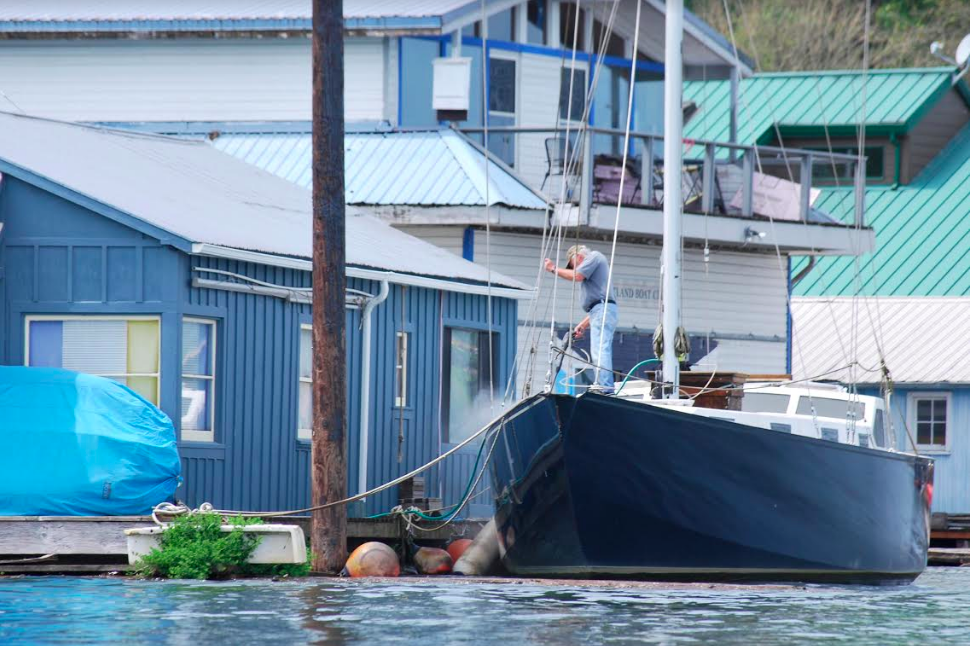
Until recently, the Columbia River near Portland has been eerily quiet, save for a handful of solo sailboats. Spring racing, opening day, and other organized events–all canceled. After a joint decision by fish and wildlife agencies, shutting down the river to recreational fishing, the last remaining large cadre of boaters was banished, too. Several sailboats appeared in April, coaxed out by the unseasonably warm weather; but aside from a few ebullient power boaters and the usual barge traffic, I had much of the river to myself.
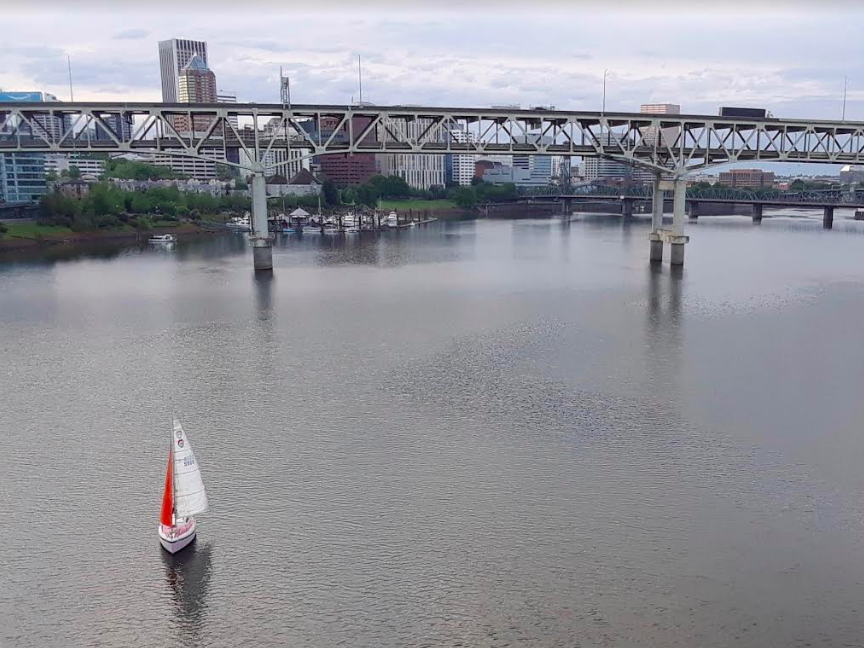
It was a very different scene on the Willamette. Displaced from the Columbia, every angler with a hook took to the lesser river. The crowding intensified in early May, when Portland hit 88 degrees. Ski boats, pontoon boats, trollers, and sailboats joined the mix, crowding the dock and the beach. Oblivious to the pandemic, sunbathers packed in shoulder to shoulder at their favorite spot, a human-powered-boat dock in downtown Portland.
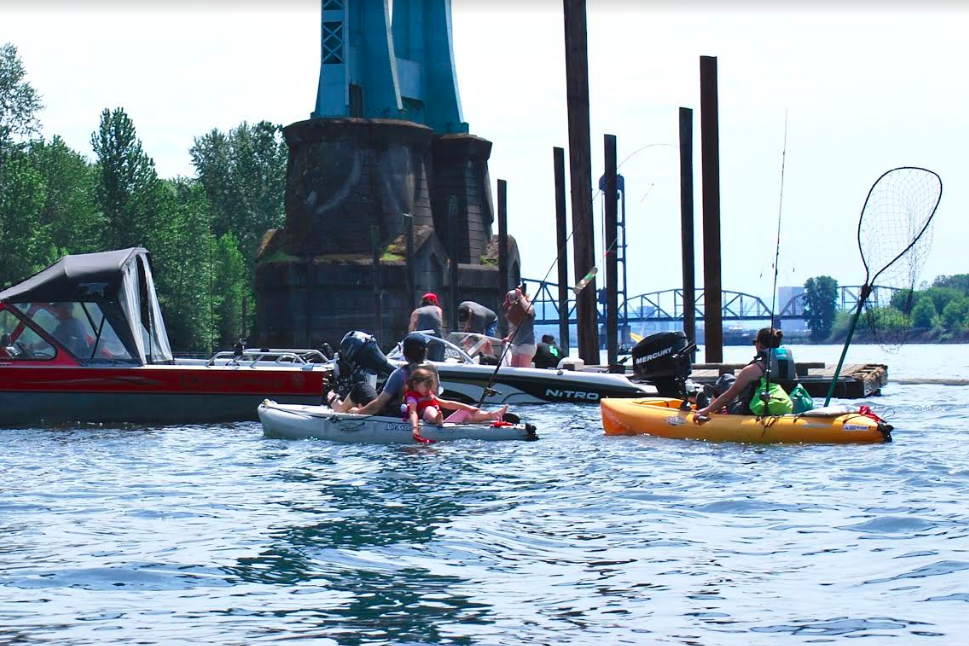
Trailer toting-trucks filled every single space at Willamette Park, my usual launch site. I was not among them, having opted to put in a few miles downstream in the industrial zone, where my only company was a lone sailboat. Fortunately, I didn’t need to dodge my boating brethren on the ramp.
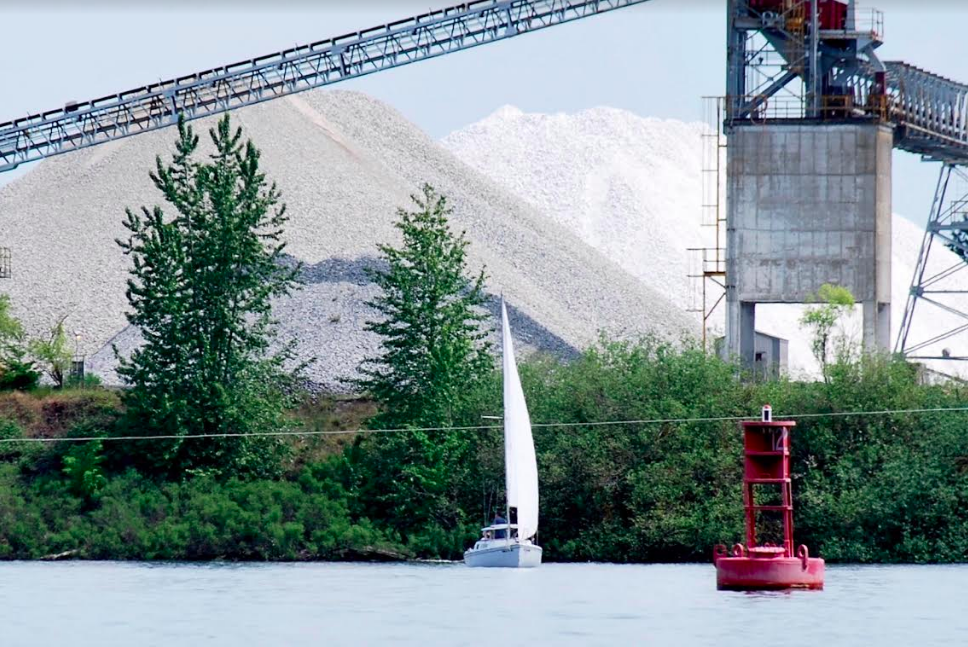
As the lockdown continued ashore, I kept coming to the river, along with many other solo boaters and groups. Each time, I couldn’t help observing that we didn’t all share the same definition of social distancing. Many boats carried seemingly unrelated individuals, masks were nonexistent, and proximity at the dock was snug, to say the least.

Once on the river, we were mostly able to spread out, and I imagine that like me, my fellow boaters were grateful for the relative freedoms of the water. We are a lucky few, with the resources and time to maintain our own private escape pods.
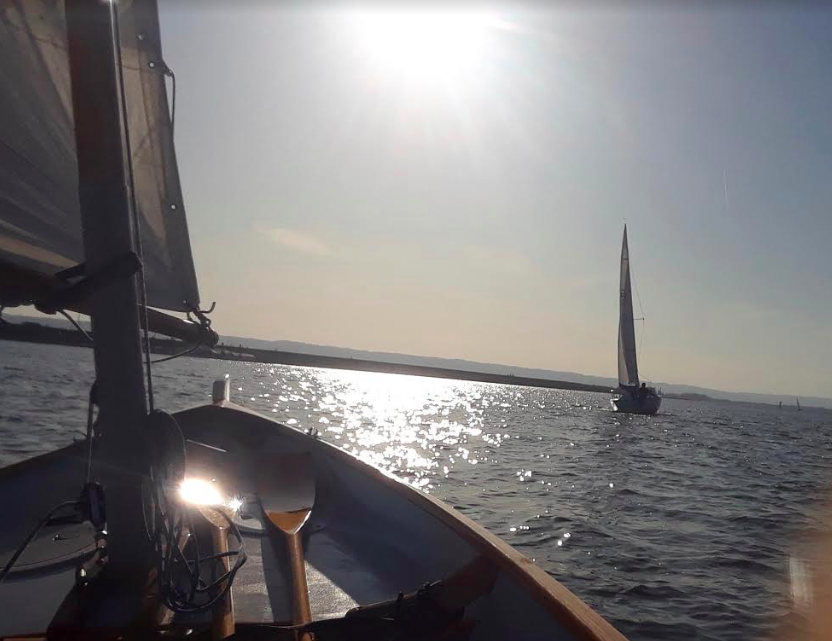
On a voyage, mariners make choices about conditions and safety, and not all those choices will be the same. Collectively, we’re all on a different kind of voyage now, one where our individual choices may have greater ramifications than we know. When I decide to head out on my boat, I’m thinking of others, too. Will they do the same? Our common health may depend on it.
Bruce Bateau
Bruce Bateau sails and rows traditional boats with a modern twist in Portland, Ore. His stories and adventures can be found at www.terrapintales.wordpress.com

